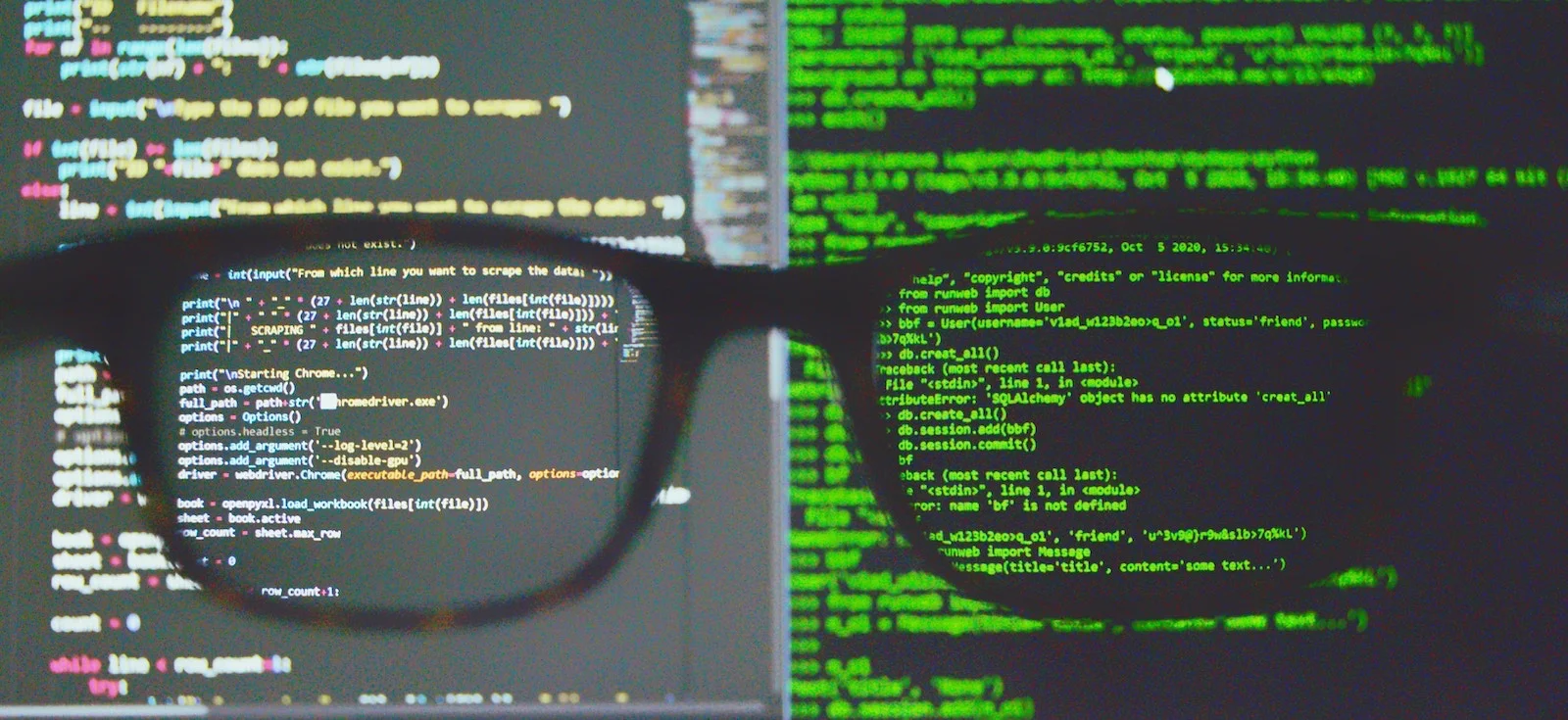Can cryptocurrency be hacked? Find out about the risks and safety measures you can take to protect your investments in our article.
Cryptocurrencies have become increasingly popular as a decentralized and secure alternative to traditional financial systems. As the world continues to adopt digital currencies, many people still wonder, can cryptocurrency be hacked? In this article, we will explore the risks associated with cryptocurrency and the safety measures you can take to protect your digital assets.
Understanding Cryptocurrency Security
Cryptocurrencies are secured through complex cryptography and distributed ledger technology called blockchain. This technology makes it difficult to alter or manipulate the transaction record, providing a high level of security for digital assets. Cryptocurrencies are designed to be decentralized, meaning they operate on a network of computers rather than a central authority. This decentralized nature makes it more difficult for any single entity to manipulate or control the system.
However, cryptocurrencies are still susceptible to hacking and theft. Cryptocurrency exchanges, which are centralized platforms where users can buy, sell, and trade cryptocurrencies, are a popular target for hackers. These exchanges are typically hosted on servers that are connected to the internet, which makes them vulnerable to cyberattacks. Hackers may also use malware and phishing attacks to steal users’ private keys, which are used to access their digital wallets.
Risks of Cryptocurrency Hacking
The risks of cryptocurrency hacking include theft of funds, loss of access to accounts, and identity theft. Hackers can steal cryptocurrencies by gaining access to a user’s private keys or by hacking into a cryptocurrency exchange. Once the hackers have access to the digital assets, they can transfer them to their own accounts or sell them on the black market.
Cryptocurrency exchanges are particularly vulnerable to hacking because they are a central point of attack. If a hacker gains access to an exchange’s servers, they can potentially steal millions of dollars in digital assets. In recent years, there have been several high-profile hacks of cryptocurrency exchanges, including the Mt. Gox hack in 2014, which resulted in the theft of 850,000 bitcoins (worth over $450 million at the time).
Another risk of cryptocurrency hacking is the loss of access to accounts. If a user loses their private keys or forgets their password, they may not be able to access their digital assets. In some cases, this can result in the loss of significant amounts of money.
Identity theft is another risk associated with cryptocurrency hacking. Hackers may steal users’ personal information, such as their name and address, to create fraudulent accounts or to gain access to their digital wallets. This type of theft can be particularly damaging, as it can result in the loss of not only digital assets but also traditional assets, such as bank accounts and credit cards.

Safety Measures to Protect Your Cryptocurrency
To protect your cryptocurrency from hacking, you can take several safety measures, including:
Use a Hardware Wallet
A hardware wallet is a physical device that stores your cryptocurrency offline. It provides a higher level of security than software wallets, which are connected to the internet and are more vulnerable to hacking. Hardware wallets store users’ private keys on a secure device, which can only be accessed with a password or a PIN. This makes it more difficult for hackers to steal users’ private keys and access their digital assets.
Use Two-Factor Authentication
Two-factor authentication adds an extra layer of security to your cryptocurrency accounts. It requires users to provide two forms of identification, such as a password and a verification code sent to their phone, to access their accounts. This helps prevent unauthorized access to accounts, even if a hacker gains access to a user’s password.
Keep Your Private Keys Safe
Your private keys are used to access your digital wallets, and if they fall into the wrong hands, your cryptocurrency can be stolen. Keep your private keys safe and secure, and never share them with anyone.
Use Reputable Exchanges
When buying or selling cryptocurrency, use reputable exchanges that have strong security measures in place. Research the exchange’s security features and user reviews before signing up. Choose an exchange that has a good reputation, transparent fees, and a strong track record of protecting its users’ digital assets.
Use Antivirus and Anti-Malware Software
Antivirus and anti-malware software can help protect your computer and devices from malware and phishing attacks. Make sure you have up-to-date antivirus and anti-malware software installed on all devices that you use to access your cryptocurrency accounts.
Keep Your Software Up-to-Date
Keeping your software up-to-date is essential for maintaining security. Software updates often include security patches and bug fixes that help prevent vulnerabilities from being exploited by hackers. Make sure you regularly update your operating system, web browser, and other software that you use to access your cryptocurrency accounts.
Educate Yourself
Finally, education is key to protecting your cryptocurrency. Make sure you understand the risks associated with cryptocurrency and the safety measures you can take to protect your digital assets. Stay informed about the latest security threats and trends in the cryptocurrency industry.
Conclusion
While cryptocurrency provides a high level of security, it is not immune to hacking and theft. By understanding the risks and taking appropriate safety measures, you can protect your digital assets and enjoy the benefits of decentralized finance. Use hardware wallets, two-factor authentication, keep your private keys safe, use reputable exchanges, antivirus and anti-malware software, keep your software up-to-date, and educate yourself about the risks and trends of the cryptocurrency industry.